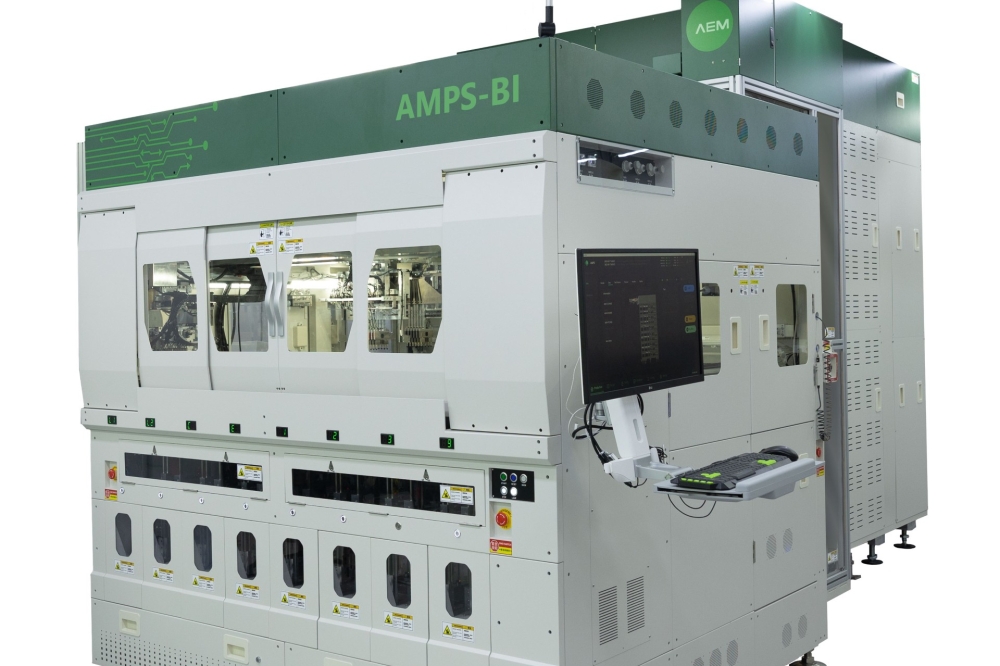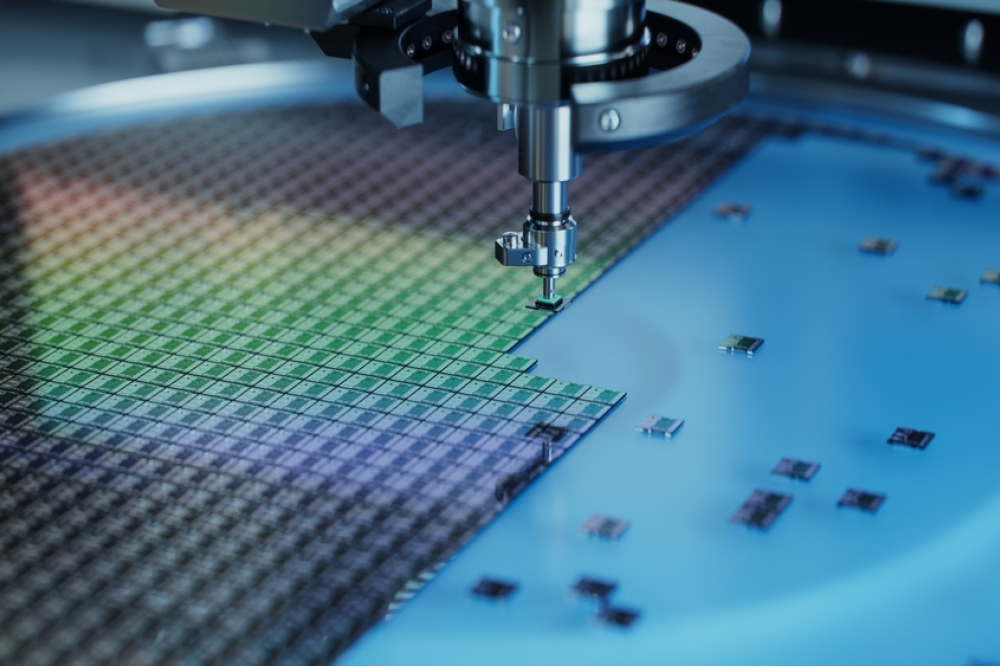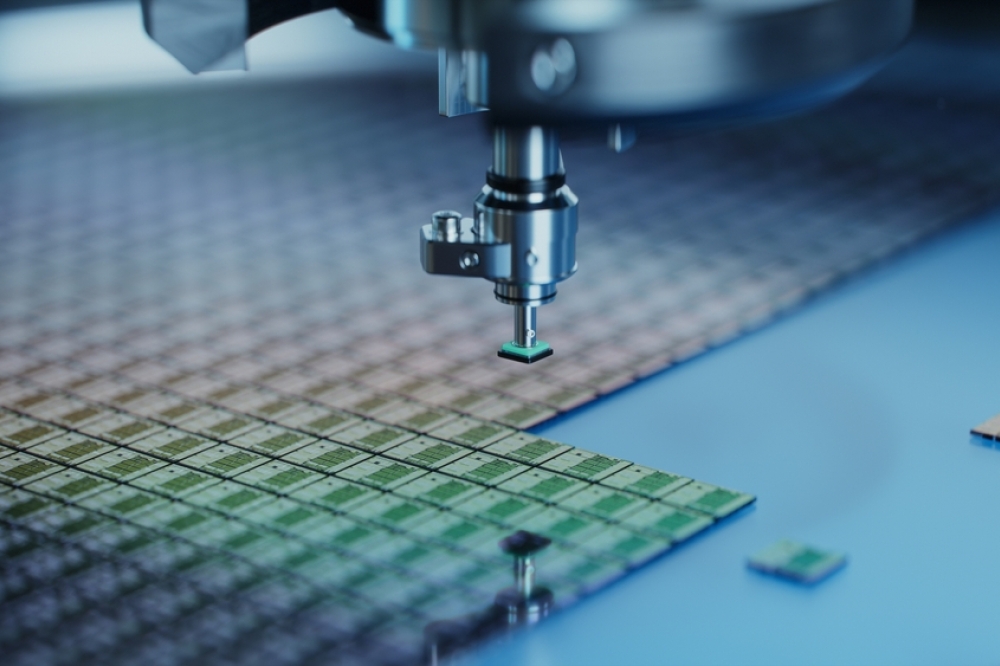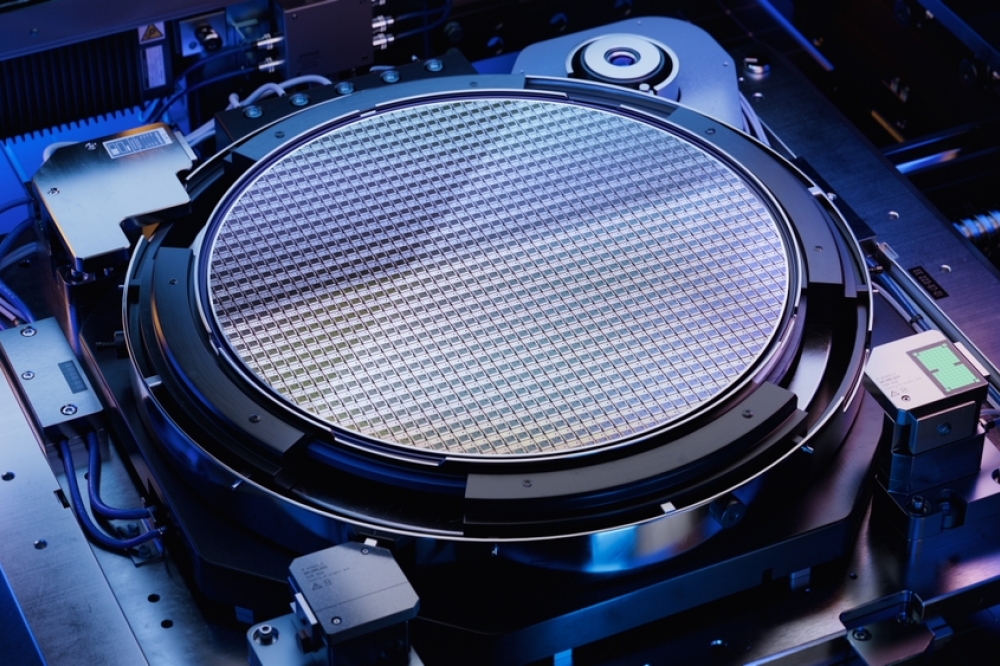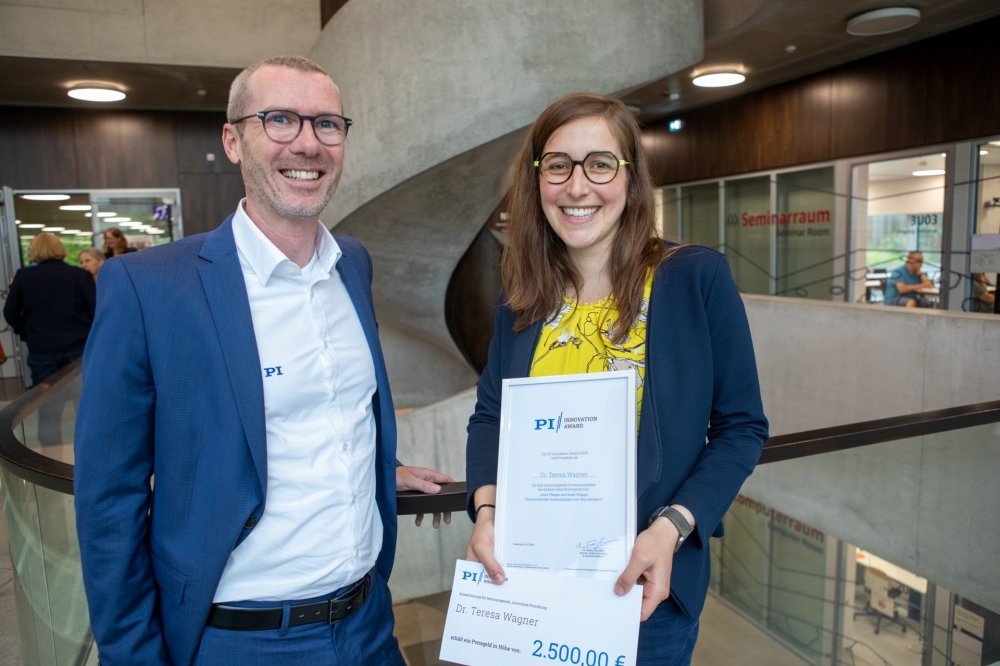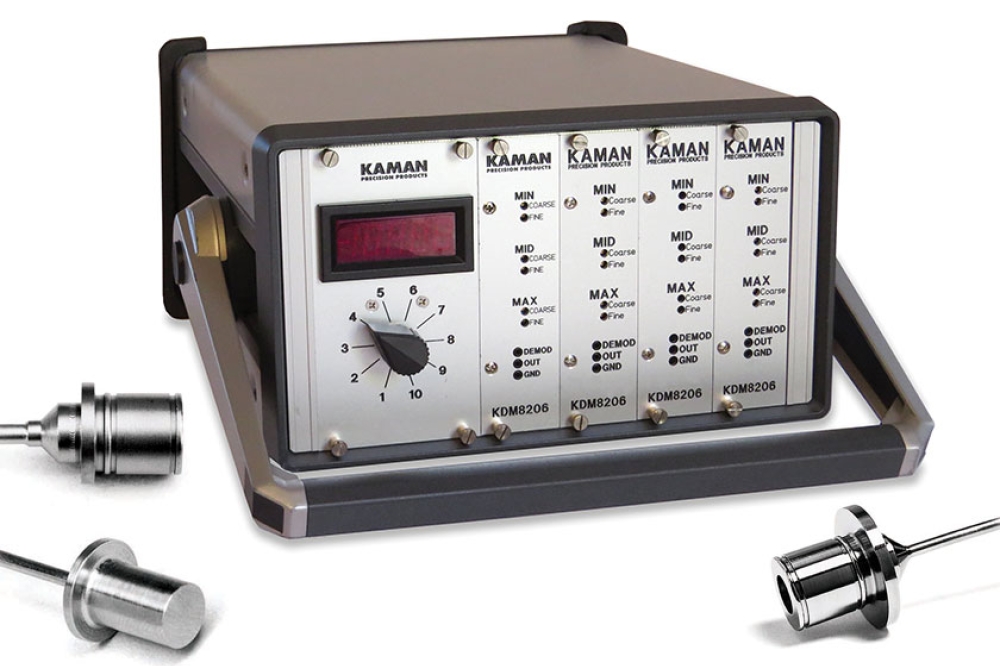£1 billion strategy for UK's semiconductor sector
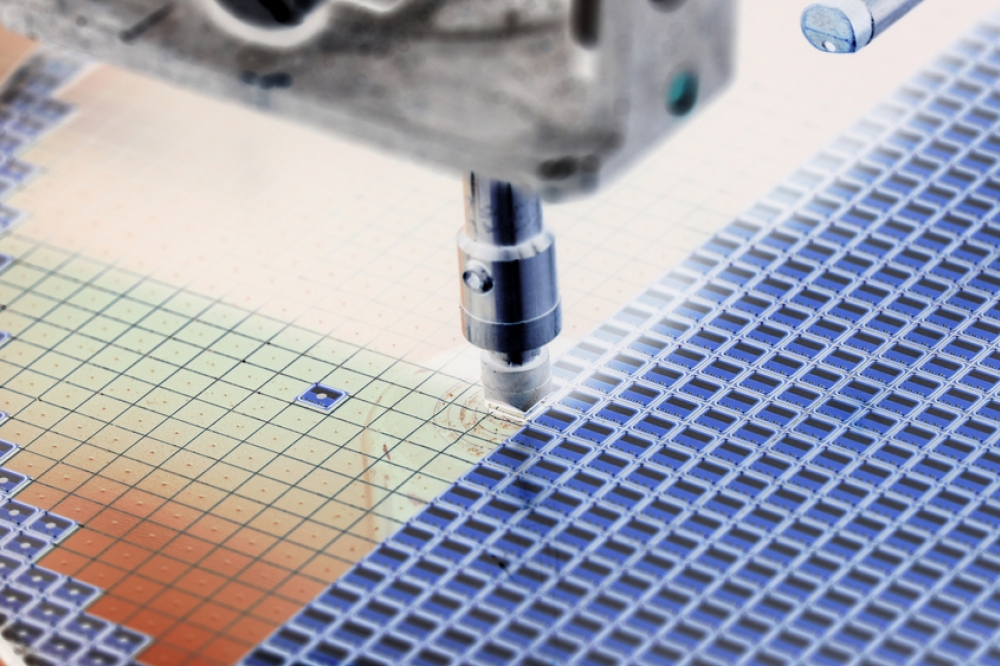
A new 20-year plan to secure the 'world-leading strengths' of the UK’s semiconductor industry has been unveiled by the government.
The National Semiconductor Strategy sets out how up to £1 billion of government investment will boost the UK’s strengths and skills in design, R&D and compound semiconductors, while helping to grow domestic chip firms across the UK.
Working in tandem with industry, investment made by the government will drive research, innovation and commercialisation through the sector - helping to deliver products from lab to market.
The strategy focuses on the UK’s particular areas of strategic advantage in the semiconductors sector – semiconductor design, cutting-edge compound semiconductors, and our world-leading R&D ecosystem - supported by UK universities from Cambridge to Cardiff and Manchester to Edinburgh demonstrating global leadership in this space.
To support the growth of the sector in the UK, the government will invest up to £200 million over the years 2023-2025 to improve industry access to infrastructure, power more research and development and facilitate greater international cooperation.
Taking a strategic approach to investment over the next decade, the government will invest up to £1 billion in a range of measures to secure the UK’s advantage in this globally important sector and meet 3 key objectives:
• growing the domestic sector
• mitigating the risk of supply chain disruptions
• protecting our national security
The strategy builds on the support the government has provided for the semiconductor industry, having provided £539 million in grants for research and £214 million directly to SMEs in the sector across the last 10 years, as well as funding 450 PhD students since 2017.
Prime Minister Rishi Sunak said: "Semiconductors underpin the devices we use every day and will be crucial to advancing the technologies of tomorrow.
"Our new strategy focuses our efforts on where our strengths lie, in areas like research and design, so we can build our competitive edge on the global stage.
"By increasing the capabilities and resilience of our world-leading semiconductor industry, we will grow our economy, create new jobs and stay at the forefront of new technological breakthroughs."
The UK’s Integrated Review placed securing strategic advantage in science and technology at the heart of the UK’s national security and foreign policy. In recognition of the fundamental importance of semiconductor technologies in these areas, the National Semiconductor Strategy demonstrates a clear vision for our position in the sector.
As part of the strategy, the UK will increase its cooperation with close partners, working together to manage national security threats and driving growth in the sector, while championing international cooperation to help develop a coordinated approach to supply chain resilience.
In Hiroshima last week, the UK and Japan committed to establishing an ambitious semiconductor partnership, led by the UK’s Department for Science, Innovation and Technology (DSIT) and Japan’s Ministry of Economy, Trade and Industry (METI). It seeks to deliver new R&D cooperation, skills exchanges, and improving the resilience of the semiconductor supply chain for both countries.
UK Research and Innovation will work with the Japan Science and Technology Agency on a joint investment of up to £2 million in early stage semiconductor research next year. This will support UK and Japanese researchers to work together on fundamental semiconductor technologies.
The strategy has been developed in close consultation with the semiconductor industry and academia, and the government will build on this partnership by creating a new UK Semiconductor Advisory Panel. The Panel will bring together key figures from industry, government, and academia to work closely on shared solutions and implementation.
Growing the UK industry
The government will focus on growing the UK’s unique and already world-leading strengths in compound semiconductors, research and development, intellectual property and design by investing up to £200 million over the years 2023-2025, and up to £1 billion in the next decade. This funding will be used to improve the talent pipeline and will make it easier for British firms to access things like prototyping, tools and business support.
These efforts will include investment in a new National Semiconductor Infrastructure Initiative to unlock the potential of British chip firms in these key areas. It will look at whether better access to prototyping facilities for chip firms is needed to tackle barriers to innovation and grow the industry. It will also explore opportunities to make specialist software tools more available for start-ups. The Department for Science, Innovation and Technology commissioned research that will look at the best way to establish the Infrastructure initiative. This will report its findings in the autumn.
Furthermore, the government will announce plans by the autumn on support for investment in the semiconductor manufacturing sector, particularly where they are critical to the UK tech ecosystem or the UK’s national security.
Further announcements include:
• a new UK Semiconductor Advisory Panel that brings together key figures from industry, government, and academia to work together to deliver the strategy. The Advisory Panel will speak on behalf of the sector and provide advice and feedback
• a specialist incubator pilot will focus on removing obstacles which hold semiconductor startups back from growth. The scheme, launching today, will provide industry with better access to technical resources as well as coaching and networking
• support for industry-led learning will ensure people can gain the skills the semiconductor industry needs. Programmes will provide opportunities for learning focused on the advanced skills needed for the sector, such as electrical and electronic engineering and computer science


